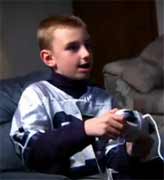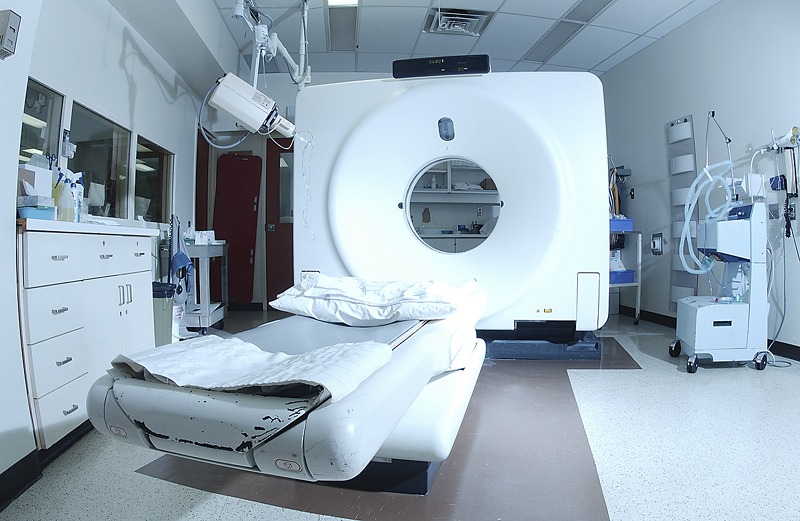
THURSDAY, Feb. 28 (HealthDay News) — Here’s one possible treatment for dyslexia that kids won’t complain about: video games.
Italian researchers report that they found that children with the reading disability scored better on tests after they played an action video game for hours, possibly because their minds temporarily became more focused.
It’s not clear if video games directly improved the dyslexia in the kids. If it did, no one knows how long the effect might last or whether the strategy is a better approach than traditional treatments. In other words, dyslexic children shouldn’t necessarily play a couple of video games and call their reading specialist in the morning.
Even if video games do help dyslexic kids, “we are not suggesting a ‘do-it-yourself’ training by any means,” said study co-author Andrea Facoetti, an assistant professor with the Developmental & Cognitive Neuroscience Lab at the University of Padua in Italy. However, Facoetti said, video games could become a tool for reading teachers who teach kids with dyslexia, a learning disability that prevents people from properly understanding written words.
In the study, one group of 10 dyslexic kids played a Wii video game called Rayman Raving Rabbids for 12 hours over several days while another group played a video game that didn’t focus on action.
The kids who played the action game improved their reading speed by as much or more than a dyslexic child normally would in an intense reading program, Facoetti said.
The video games may train the brain to pay more close attention and focus on things, Facoetti said.
The findings deserve to be taken seriously, said Guinevere Eden, director of the Center for the Study of Learning at Georgetown University and a past president of the International Dyslexia Association.
“It’s exciting to see an unconventional approach to try to improve the speed or fluency of reading,” she said. It’s difficult to improve reading comprehension in dyslexic kids because they read slowly, she explained: “By the time they get to the end of the sentence, they can’t tell you what it’s about.”
The difficult therapy to improve dyslexia is another drawback, she said. “It’s hard work, and it’s not fun.”
If video games help kids with dyslexia read more effectively, shouldn’t dyslexia cases have fallen drastically in recent decades during the rise of video games? Study co-author Facoetti said the new research can’t answer that question because the children tested hadn’t played video games before.
Eden, who’s familiar with the findings, said: “I don’t have a great answer for you, but there are a couple of things: I don’t think we have a good sense of whether dyslexia is going up or down because the whole definition is variable. What’s interesting here is how it might be that what we think of dyslexia may be changing, not just because of video games but because of technology in general.”
What’s next? Eden said researchers should focus on trying to understand why video games may improve the symptoms of dyslexia.
While the study showed an association between playing action video games and improved reading scores among kids with dyslexia, it did not prove a cause-and-effect relationship.
The study was released online Feb. 28 in advance of publication in the March 18 print issue of Current Biology.
More information
For more about dyslexia and other learning disorders, visit the U.S. National Library of Medicine.

